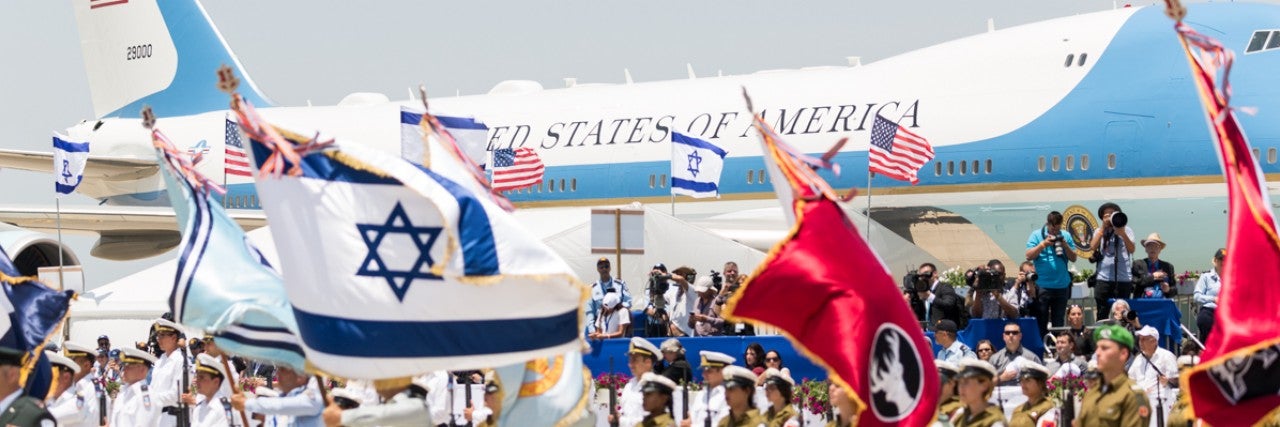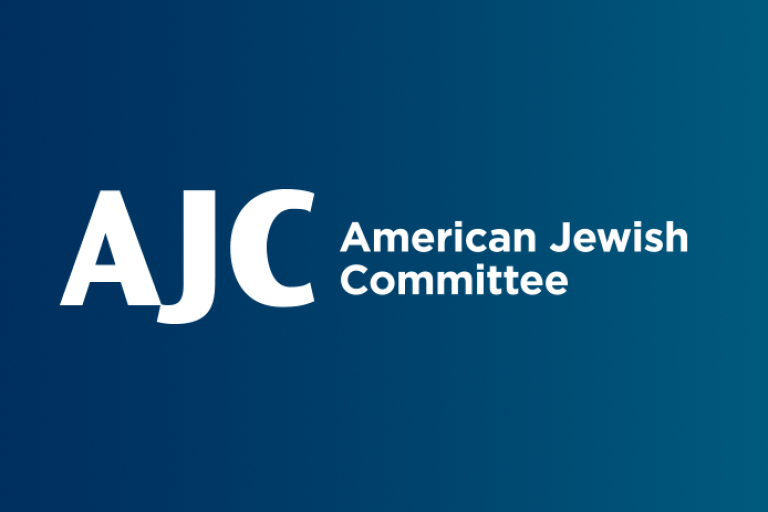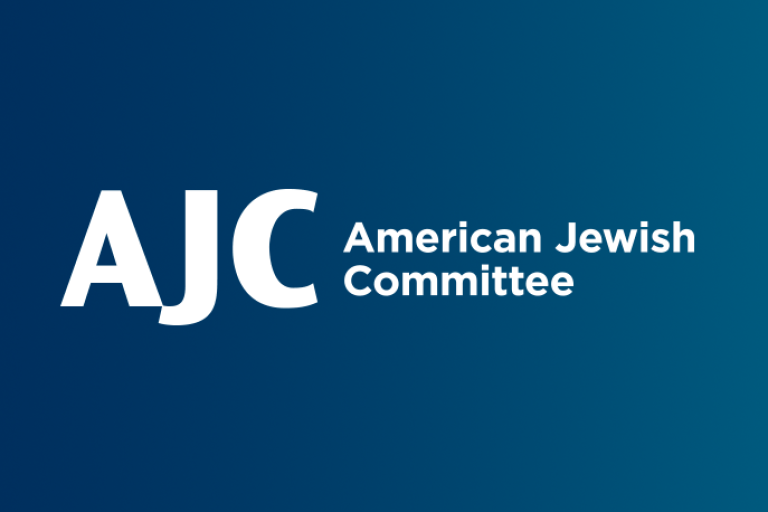May 19, 2017
Article Written By: Col. (Ret.) Dr. Eran Lerman
Can seven concepts, all marked by a Capital C, help us prepare for President Trump’s visit to Israel, the Palestinian Authority, and Saudi Arabia? Expect the unexpected—that’s the way it’s been all along with the new President, and it’s the best approach to take when predicting what he may choose to do on any day, let alone a dramatic occasion: a speech formerly planned to be given at Masada (now scheduled at the Israel Museum, due to the expected hot weather), perhaps, or a photo-op with Palestinian President Mahmoud Abbas in Bethlehem? Who knows?
Nerves in Israel are fraying, especially among those who had earlier latched on to the notion that this administration is ready to let Israel do as she wishes, and were all too ready to abandon the two-state “delusion,” annex parts of area “C,” and step up settlement activity. As it turns out, little is left of such expectations. Frustration was heightened by comments made by U.S. consular officials in Jerusalem – later repudiated by the White House – implying that the Western Wall is “part of the West Bank” and Israelis have no business asking for the Prime Minister to join the President there. Someone forgot to tell them that the old libretto no longer sits well with the new music: but at the end of the day, the visit to the holy places in Jerusalem will indeed be unaccompanied. There remains a huge gap between the congressional position (as set forth in a 1990 Senate resolution adopted without dissent) that recognized unified Jerusalem as Israel’s eternal capital, and the official State Department line, which has yet to acknowledge the realities of 1949, let alone the last glorious 50 years, the best of the city’s history since antiquity.
The anticipated atmosphere of friendly intimacy was further disrupted by reports about sensitive intelligence, allegedly from an Israeli source, which the President recently shared with Russian Foreign Minister Lavrov. Damage has been done – and quite possibly gravely compounded by the avidity with which the leakers and the media used the story to go after a President who was already bleeding from several Russia-related wounds. Still, all excitable murmurs about a “disinvitation” are absurd: and so is the notion of a major tear in the sturdy fabric of intelligence cooperation. True, new threads may need to be woven in to prevent breaches by inexperienced hands, but it will remain the duty of all “like-minded” nations and their intelligence services to integrate what they know in the fields of counter-terrorism and counter-proliferation. No single power can handle these challenges alone.
This latest incident did add to the uneasy sense of confusion and uncertainty. But paradoxically, it also looks as if this touch of unpredictability may in fact push both sides toward the negotiating table, at least insofar as neither President Abbas nor Prime Minister Netanyahu would want to lose the blame game. But amidst all this, can we offer any sober observations as to what we nevertheless can or, rather, should expect?
Reading the President’s own texts and tweets, as well as other authorized statements such as presidential envoy Jason Greenblatt’s speech before the Donors’ Conference (AHLC) in Brussels on May 4, we can identify seven interwoven conceptual “anchors” for what might happen next – even though none of them, or even all of them put together, amount to a coherent road map for what comes next. What they do offer is a sense of opportunity, a number of important cautions, and a call to both sides to make difficult decisions.
1.Commitment: To the surprise of many, the new administration seems even more committed – in terms of the efforts being made – to the vision of advancing Israeli-Palestinian peace than its predecessor, with the exception of Secretary of State John Kerry’s intense but short-lived and futile effort in 2013-14. The reasons may range from a real sense of opportunity to an overconfident trust in the President’s personal abilities as a deal-maker. But for the time being, what is leaving its mark is the sheer intensity of the President’s drive, the number of hours already invested in meetings with regional leaders, and the decision to come to Israel so early in his term. What he now expects, quite explicitly, is a reciprocal level of commitment from both sides.
2.Climate: Closely linked to the level of commitment is what has been described by Greenblatt as the need to create a “climate” conducive to bilateral talks – not least, by reducing levels of tension over such loaded questions as construction in the settlements or patterns of Palestinian anti-Israel incitement. At the same time, this more positive climate cannot be maintained if both sides put forward their demands in absolute terms; this is why the Palestinians have in effect climbed down on their call for a total settlement freeze. In parallel, Israel is being careful not to push full force for the Taylor Force Act (a proposal in Congress to cut off aid to the Palestinian Authority as long as it pays large benefits to the families of dead or jailed terrorists; it is named after an American serviceman killed while vacationing in Tel Aviv). Prime Minister Netanyahu has used this issue to highlight problematic aspects in the practices and policies of President Abbas and his men – and the consequent need for robust security measures. But he has been careful, so far, not to alienate President Trump or work in a way that might derail the latter’s efforts.
3.Cooperation: The emergence of a mutual interest in the resumption of negotiations is not merely a matter of gestures and phrases: there need to be strong indications that Israeli-Palestinian relations are not a zero-sum game. Security cooperation – praised by Trump during his meeting with Abbas – is the most obvious field: without it, many more would have died and the river of blood between the two sides would have broadened, placing further political constraints on their leaders, who already face grave difficulties. For much the same reason, it is important to move forward on joint economic projects – not as an “economic peace” alternative to negotiations over the core issues, but as a complementary tool which Trump’s presence (with a huge business-related entourage) may propel forward.
4.Common Enemies: In order to build up such local cooperation, particularly on counter-terrorism, it is necessary to bring other Arab players in. It is easier to do it now because the new administration has been able to generate a sense of reassurance among anti-Iranian and anti-Daesh (ISIS) Arabs – including most of the Gulf States, as well as Egypt and Jordan. That’s why the Saudi leg of the visit – which will include an anti-ISIS summit with other Muslim nations – is far more than mere ceremony. But caution is called for. There have been cases in the past when Riyadh simply refused to honor past promises to make the gestures (such as overflight rights) which would have signaled that a new age has begun.
5.[No] Coercion: Whereas the U.S. abstention on December’s UN Security Council Resolution 2334, which placed the bulk of the blame for Israeli-Palestinian paralysis on Israel, had signaled that the Obama administration was not averse to an imposed solution, or at least to defining the “parameters” of a peace deal, the Trump administration speaks in no uncertain terms against the notion that the U.S. can step ahead of the parties themselves. Indeed, even before taking office it tried, and failed, to derail 2334 (with Egypt’s help – which means that the Obama administration, by going ahead nevertheless, knowingly put President Sisi in a highly embarrassing situation). Here is a piece of wisdom that goes back to Jim Baker’s days: the U.S. cannot impose peace, nor should the President come across as being more eager for it than the sides themselves.
6.[No pre-]Conditions: If indeed the Palestinians have given up on their consistent practice of setting up preconditions – release of prisoners (terrorists), a settlement freeze, and/or pre-ordained terms of reference for the negotiations – this could have far-reaching consequences. It has been Israel’s position for years, and one which will be very difficult to walk away from: if the Palestinians show up without preconditions to a negotiation that is “open towards the future” rather than predetermined in terms of its key elements, Israel is bound to come in good faith as well.
7.Compromises: Even more important, if true, is the impression gained by Greenblatt and others that Abbas is now willing to compromise – a term normally so alien to the regional culture that it has no proper translation into Arabic. If indeed he has come to value his newly found relationship with Trump as sufficiently important to his future as well as to the prospects of a Palestinian State – important enough to be flexible on key issues such as security, territorial swaps, and an agreed solution to the refugee problem – then dramatic days could lie ahead. Given what has already happened over the Western Wall and the relocation of the U.S. Embassy, one important step for President Trump to take – during the visit or at some point down the road – would be to signal to the Palestinian leadership that their hopes and ambitions in Jerusalem cannot be realized, and the issue, at best, need to be “parked” and left to the next generation to resolve. No Israeli government can take a partition knife to a living city.
Eran Lerman is the former deputy for foreign policy and international affairs at the National Security Council in the Israeli Prime Minister's Office. Prior to that, he served as director of AJC Jerusalem.


